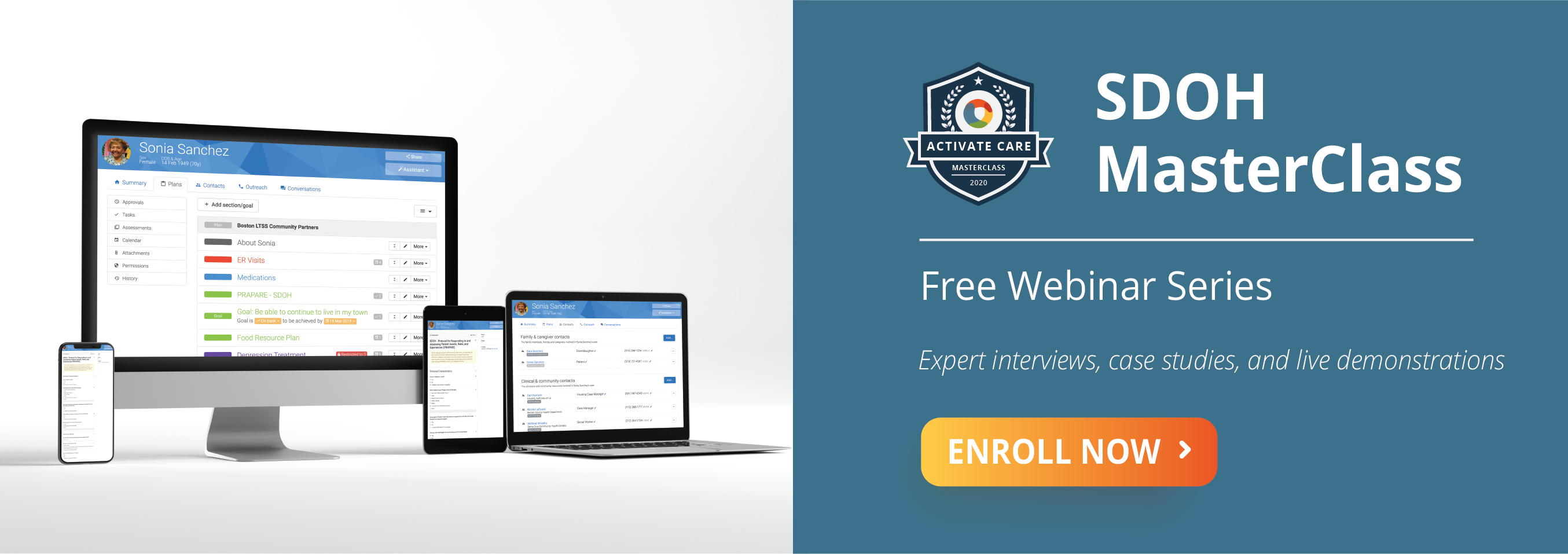National Nutrition Month is an annual nutrition education and information campaign created by the Academy of Nutrition and Dietetics. The campaign, celebrated each year during March, focuses on the importance of making informed food choices and developing sound eating and physical activity habits.
In recent days, photos of empty supermarket shelves have been trending on social media. As confirmed COVID-19 cases grow, many Americans are heeding the advice of local officials and the Centers for Disease Control by stocking up on food and supplies. Unfortunately, not everyone has the opportunity to take this precaution. For many families, the relatively modest inconveniences we will confront due to disruptions in the food system could have catastrophic consequences. In recent media reports, experts have weighed in on the situation, raising awareness of the impending challenges and offering ways for us all to help.
Noreen Springstead
Executive Director of WhyHunger, nonprofit hunger relief organization
“I think what this [crisis] does is it illuminates the most vulnerable populations. That’s kids, hungry people, veterans, seniors, and the working families who rely on the emergency food system every single day, [even] without a crisis,” Springstead told CivilEats on March 12. “Losing 20 percent of your stock portfolio feels horrible, but when you can’t feed your child and you’re in survival mode, that feels so threatening.”
Alberto Carvalho
Head of Miami-Dade County Public Schools
"Food insecurity is a real challenge in our community, even without an emergency," Carvalho told NPR on March 11. Roughly three-quarters of Miami’s students live at or below the poverty level. Those children are among the nearly 30 million U.S. students who depend on schools' free and reduced-price meals for lunch, breakfast, snacks and, in some cases, dinner.
Claire Babineaux-Fontenot
CEO of Feeding America, the nation’s largest domestic hunger-relief organization
Feeding America supports a network of 200 member food banks across the country. “Our first priority is the millions of individuals, families and seniors who rely on food banks for help,” Babineaux-Fontenot said in a statement announcing the creation of a $2.65 million fund to enable food banks to secure the resources they need to serve the most vulnerable members of the community during this difficult time. “Our member food banks are always there to help throughout the year and in times of disaster. This fund will advance their ability to respond efficiently and effectively in their communities so that food is not added to the list of worries for families during this pandemic.” Babineaux-Fontenot added, “We cannot do it alone.”
To learn more and support efforts at the national level, visit feedingamerica.org.
To support your community or affected communities directly, you can use the Feeding America food bank locator at https://www.feedingamerica.org/find-your-local-foodbank.
